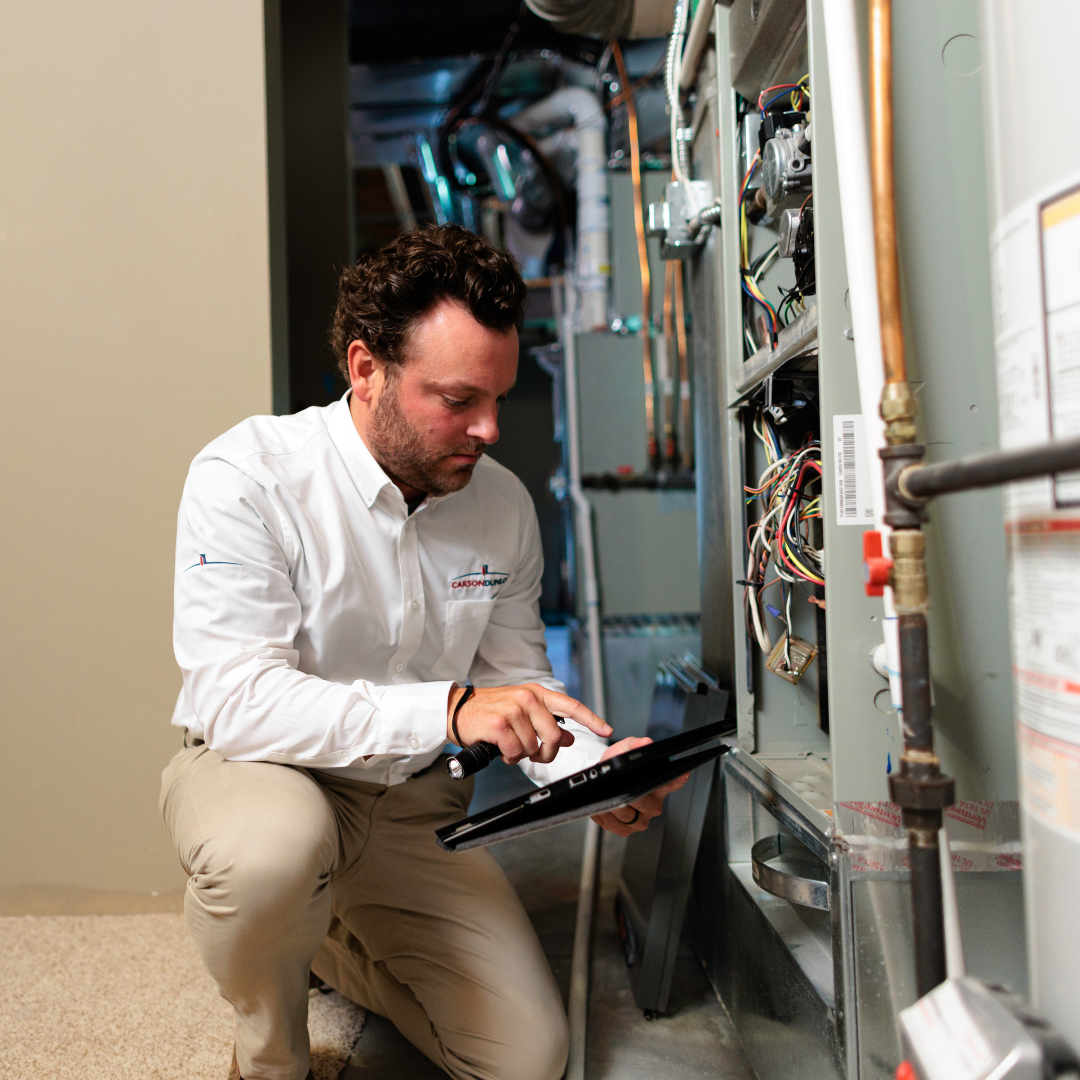Get The Tools, Training, And Support To Thrive In Today’s Inspection Market.
Train to Become a Home Inspector with the Leaders Who Shaped the Industry Start With a Free Look InsideA Career That Puts Knowledge to Work.
Flexible. Rewarding. In Demand.
Home inspectors protect one of life’s major investments by helping buyers and homeowners make confident, informed decisions. It’s meaningful work grounded in integrity, expertise, and professionalism.
With the growing demand for qualified inspectors across Canada, the profession offers independence, strong earning potential, and the opportunity to build a business that truly makes a meaningful impact.

A Complete Learning Experience, Designed For Your Success.
Hours Of Online Training
Comprehensive Courses
%
Online and Self-Paced

The Gold Standard in Home Inspection Training
Developed By Industry Experts. Trusted By Colleges. Proven By Graduates.
Carson Dunlop’s Home Inspection Training Program delivers a complete education in every aspect of the profession. As a student in this program, you will complete 10 in-depth courses, including:
Roofing
Structure
Electrical
Heating
Air Conditioning
Plumbing
…and more!

This Is A Career-Ready Foundation Designed To Help You Master Both The Technical And Human Sides Of Inspection Work.
Program Highlights Include:
100% online and self-paced:
learn anywhere, anytime, on your own schedule.
In-depth courses:
from roofing and structure to plumbing, electrical, and HVAC systems.
Engaging and interactive lessons:
over 1,700 illustrations, case studies, videos, and webinars.
Guided support:
monthly live sessions and tutor help from seasoned inspectors.
Graduate with credibility:
earn your completion certificate and use the Carson Dunlop Graduate logo.


Plus, You Receive:
Free Technical Support
Free Horizon Inspection Software
Access To Commercial Inspection Training
Tuition:
Complete program:
(includes all 10 courses, exams, and tutor support)
Single Courses:
Each (not available in Ontario)
Approved as a vocational program under the Ontario Career Colleges Act, 2005. Successful completion of full program leads to a certificate.
Financing options available. Speak with an Education Consultant to explore options.
Experience That Sets You Apart
We’ve Done The Inspections. We’ve Built The Systems. We’ve Set The Standard.
For over four decades, Carson Dunlop has helped define the home inspection profession in Canada. With more than 150,000 inspections completed and thousands of inspectors trained, our experience gives you a proven advantage.
Every lesson reflects real field expertise and a deep commitment to quality. When you train with us, you inherit the legacy of Canada’s most trusted inspection brand.
Why Experience Matters
Home inspection is a profession built on trust. When you train with a company that has shaped the industry, you step into your career with a level of confidence and credibility no other program can match.
You’re not only learning the standards, you’re learning from the people who helped create them.


Learn Anywhere. Grow on Your Terms.
Practical, Flexible Training For Modern Professionals.
Our program fits your lifestyle, not the other way around. Study online at your own pace while connecting with expert instructors and peers through live webinars, interactive exercises, and personal support.
You’ll have access to technical assistance, continuing education, and a network that grows with you long after graduation.

Proof in Practice
Real People. Real Careers. Real Success.
It All Starts Here
Take The First Step Toward A Rewarding Career In Home Inspection.
If you’re looking for a career that offers stability, purpose, and the satisfaction of helping others make informed decisions about their homes, home inspection could be the path for you.
At Carson Dunlop Training, you’ll gain the knowledge, guidance, and confidence to turn that first step into something lasting. When you’re ready to explore what’s next, we’re here to help you begin.


Ready To Take A Tour?
The best way to see if the Home Inspection Training Program is the right fit for you is to explore our sample course and see the simple, user-friendly learning environment. You’ll experience what it’s like to be an online student and get a true feel for the program.
